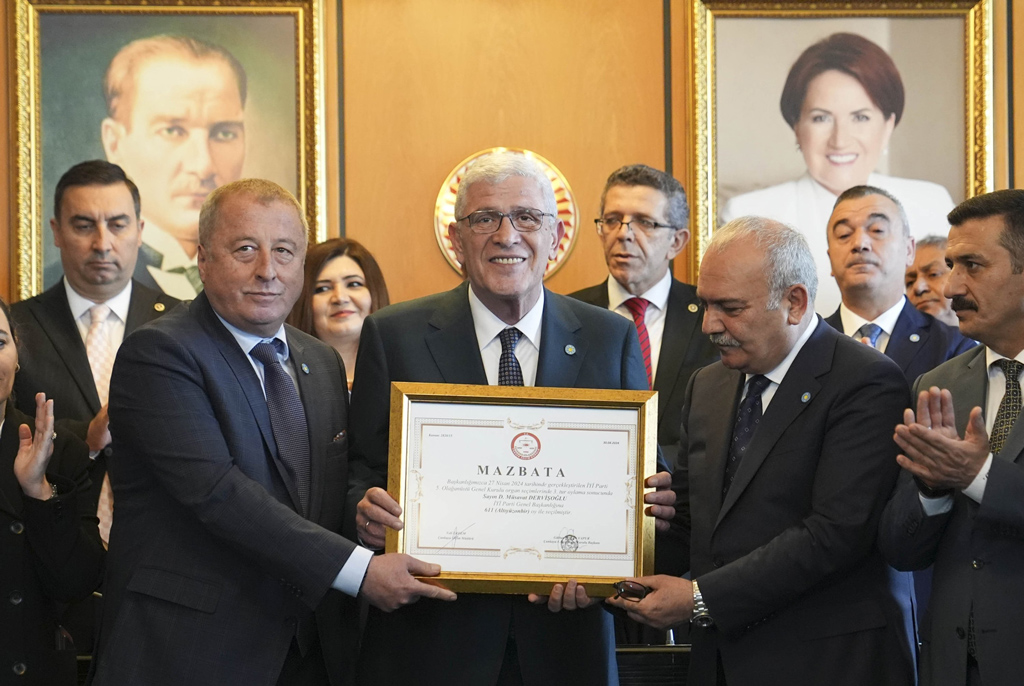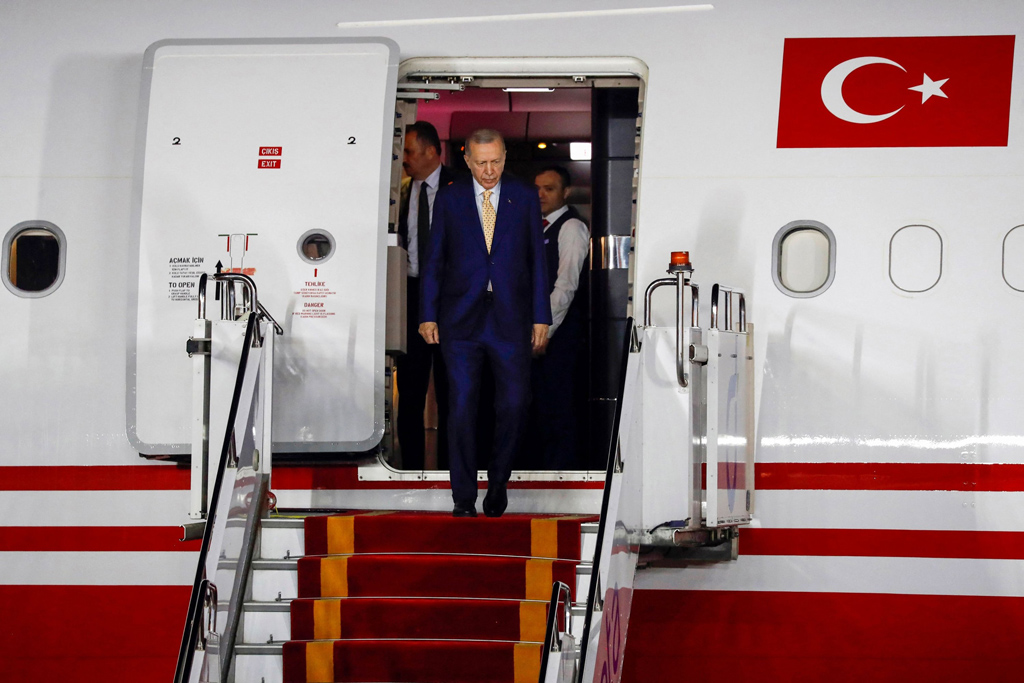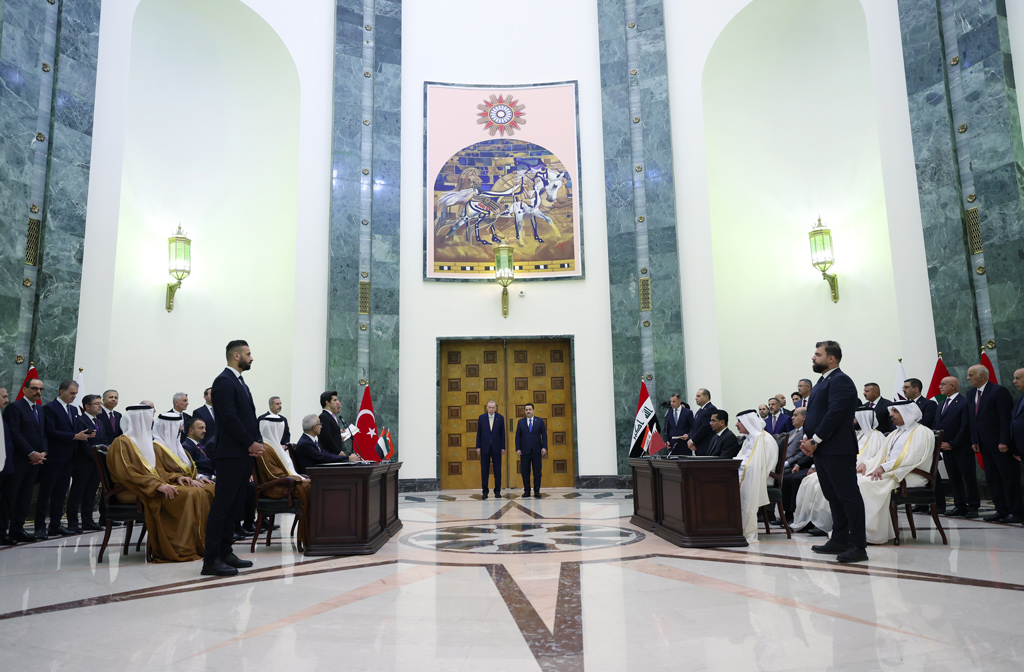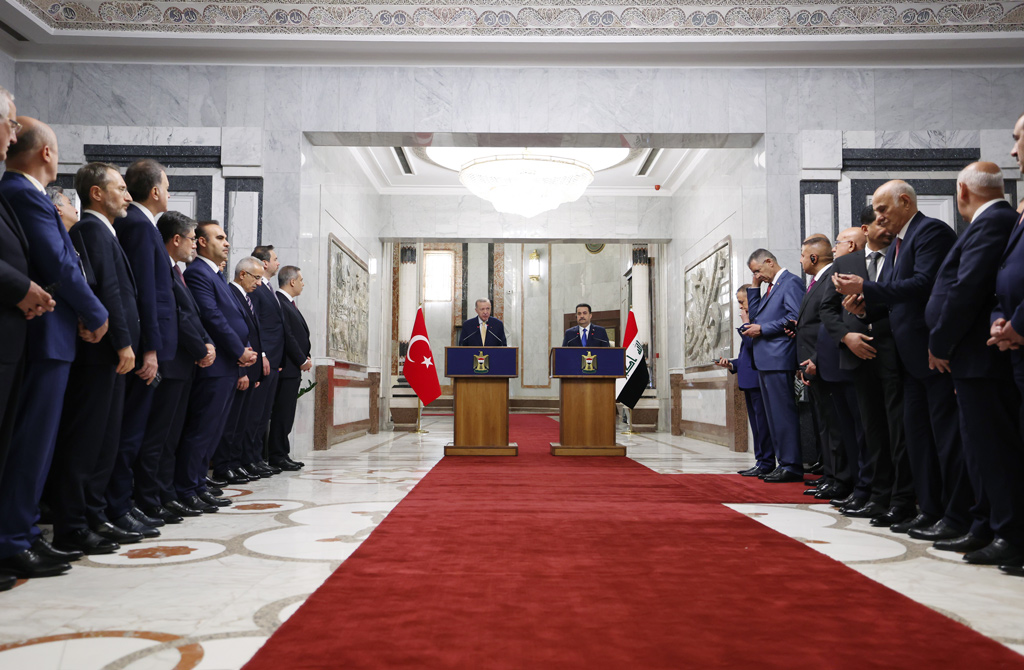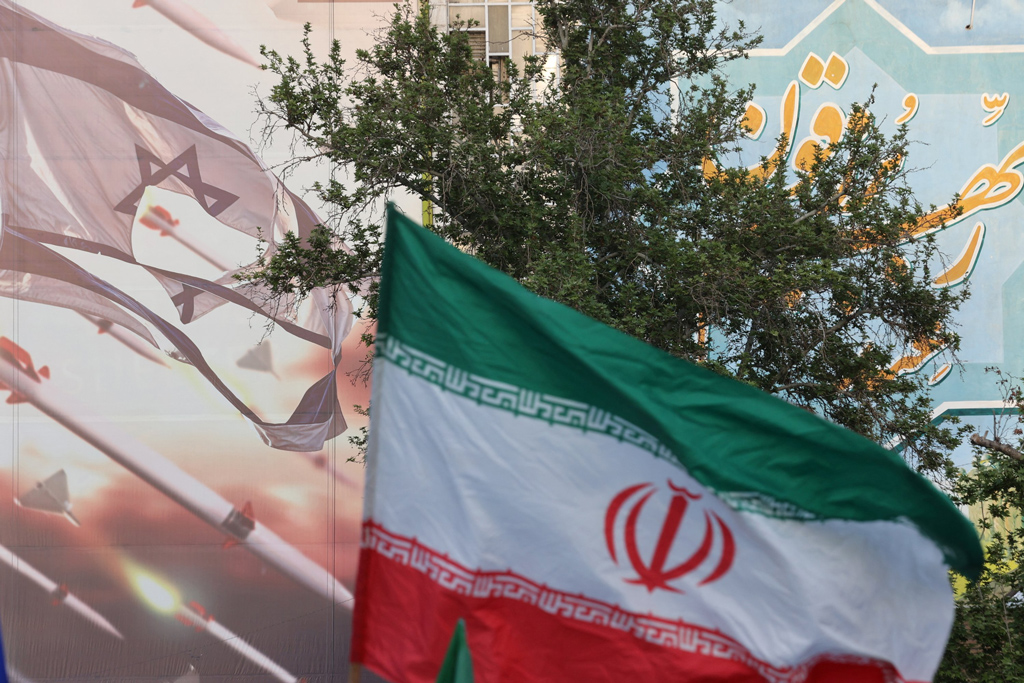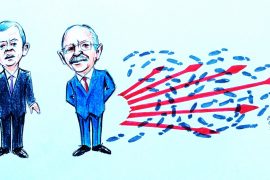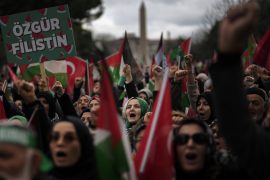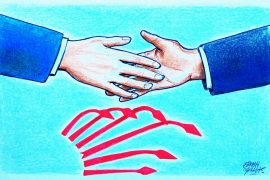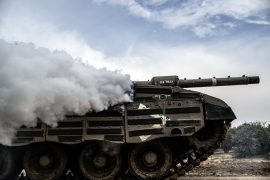Türkiye
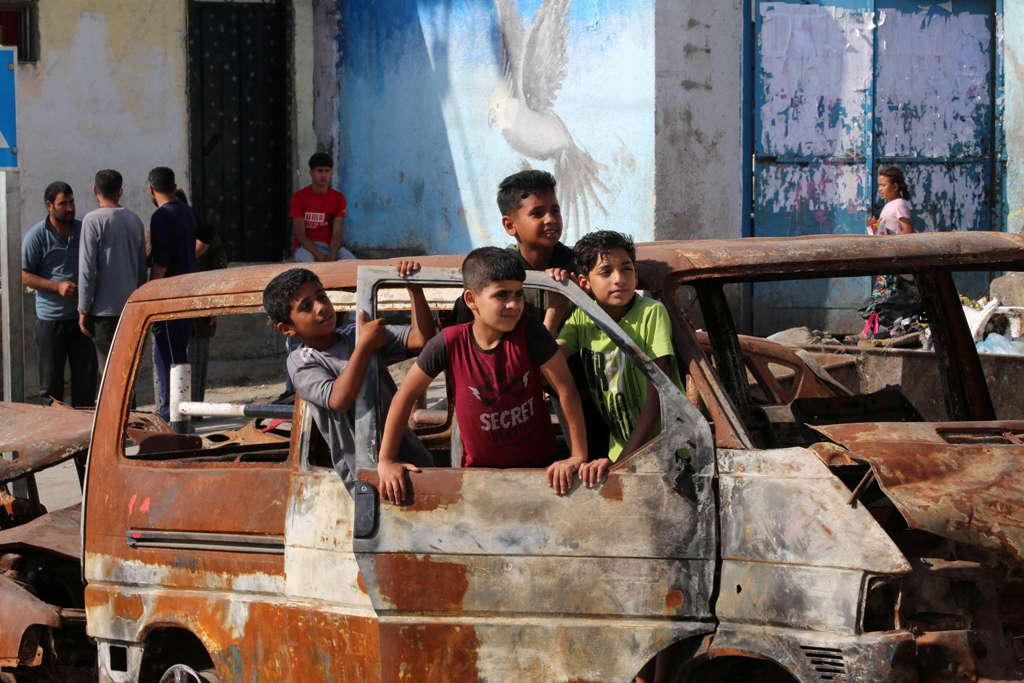
Middle powers should join the global intifada
| OpinionAlthough the hegemonic circles such as most Western countries and the leading global financial and …
-
Opinion
Middle powers should join the global intifada
By Muhittin AtamanAlthough the hegemonic circles such as most Western countries and the leading global financial and economic institutions have been supporting Israel and its ongoing genocide against the innocent Palestinians both in the Gaza Strip and the West Bank, the majority of the world public opinion takes the side of humanity, protesting against the Western-supported Israeli genocide.
-
Book
Türkiye’s Vision for Its New Century
By Burhanettin Duran By Kılıç Buğra KanatTürkiye has made significant advancements in its defense technology and capabilities which are essential in the face of threats posed by various terrorist organizations and the security risks from conflicts near its borders. Türkiye’s regional and global significance has also grown, as it strives for “a fairer world” where human rights, freedom, and dignity are upheld without discrimination, in line with the principles of the Universal Declaration of Human Rights. As President Erdoğan once declared, Türkiye’s “responsibility extends beyond securing our own safety and prosperity. Our strength lies in our resources, actions, and the aid we provide to the afflicted and oppressed worldwide, beginning with our immediate surroundings”. As such, the Century of Türkiye addresses a broad spectrum of domestic and international challenges, aiming for a future where Türkiye stands as a democratic, secure, and prosperous nation, exerting a constructive and influential role on the global stage.
-
Analysis
Historical Landmark in Türkiye-Iraq Relations and Opportunity for Strategic Partnership
By Fatih Oğuzhan İpekThis study argues that the problems between Erbil and Baghdad, and their prolonged existence prevent Türkiye from deepening cooperation with Iraq in terms of security, water issues, and economic relations
Bu Konuda Daha Fazla
-
CHP Chair Özel’s line challenges new IP’s third-way agenda
By Burhanettin DuranThe Good Party (IP) held an emergency congress on Sunday to replace its chairperson, Meral Akşener, with Müsavat Dervişoğlu.
-
Erdoğan’s landmark visit to Iraq
By Murat YeşiltaşPresident Recep Tayyip Erdoğan’s recent visit to Iraq could mark the beginning of a new chapter in the longstanding relationship between Türkiye and Iraq. During his visit to Baghdad, Türkiye and Iraq signed a strategic framework agreement that addresses a variety of issues, ranging from security to economic cooperation. This agreement represents the culmination of nearly a year of productive high-level discussions between the two countries. Furthermore, President Erdoğan’s first visit to Iraq since 2011 has established new connections between Türkiye, Iraq, the United Arab Emirates (UAE) and Qatar, enhancing the region’s geo-economic landscape.
-
A fresh start in Türkiye-Iraq relations
By Burhanettin DuranUnder the strategic framework agreement for joint cooperation, which the two countries inked in Baghdad, their bilateral relations have been elevated to the level of strategic partnership with a “qualitative leap.” The Turkish and Iraqi governments created a road map for future cooperation. Their commitment to solving problems and elevating their cooperation to the highest level rests on the “win-win” principle. Accordingly, the Turkish delegation, which included eight Cabinet ministers, focused on a broad range of issues, including counterterrorism, cross-border waters, security, the defense industry, trade, health care, communication, education, energy and transportation.
-
Turning point in Türkiye-Iraq relations
By Muhittin AtamanPresident Recep Tayyip Erdoğan paid an official one-day visit to Iraq on Monday. He was accompanied by a large delegation, including Foreign Minister Hakan Fidan, Interior Minister Ali Yerlikaya, Defense Minister Yaşar Güler, Trade Minister Ömer Bolat, Energy Minister Alpaslan Bayraktar, Minister of Transportation and Infrastructure Abdülkadir Uraloğlu, Minister of Agriculture and Forestry Ibrahim Yumaklı and Minister of Industry and Technology Fatih Kacır. Many high-ranking Turkish officials also accompanied President Erdoğan.
-
Middle East cannot be left in vortex of Iran-Israel...
By Burhanettin DuranThe direct confrontation between Iran and Israel remains under control – for now. Yet, it points to an emerging equilibrium in the region. There was already talk of escalating tensions in the Middle East around Gaza and Palestine in the wake of the Oct. 7 attack.



